In a recent article by Dr. Sebastian Sons and Dr. Tobias Zumbraegel, a sharp yet unconventional analysis suggests that Gulf countries — Saudi Arabia in particular — are turning “green aid” into both an art form and a strategic power move. Far from simply trying to save the planet, Saudi Arabia appears to be quietly recalibrating its global influence while doubling down on domestic priorities such as economic diversification and energy security.
With the Middle East Green Initiative grabbing international headlines, optimism runs high — but so do critical questions. Can these ambitions truly reshape society beyond government-led megaprojects? Only time will tell whether this green pivot delivers on its promise — or exacts a cost greater than anticipated.
The article raises a crucial point: Gulf states are not just engaging in climate action, but strategically leveraging it as an economic and diplomatic tool. In the Saudi context, this shift carries particular weight. Climate policy has become inseparable from broader state goals — from diversifying the economy and ensuring national energy security to reinforcing a development model driven by central authority. While similar patterns emerge across the region, Saudi Arabia’s approach is marked by its scale, pace, and the depth of its ambition.
For Saudi society, the effects are already visible. Sustainability is no longer confined to policy briefings; it is reshaping public discourse, consumer behavior, and labor markets. Sectors such as renewable energy, environmental engineering, and sustainable finance are no longer peripheral — they are becoming mainstream.
At the Future Investment Initiative (FII) in Riyadh in October 2024, Energy Minister Prince Abdulaziz bin Salman stated bluntly: “We will monetize every molecule of energy this land has, period.” It was a candid reaffirmation that Saudi Arabia’s energy strategy remains fundamentally pragmatic — seeking to extract maximum value from hydrocarbon resources, even while pursuing emissions reduction targets.
This dual track — exploiting fossil fuels while building a “green” identity — reflects the balancing act at the heart of Saudi policy. The challenge lies in whether this vision can move beyond centralized state initiatives to catalyze grassroots change. Will sustainability take root as a social value, not just a policy framework?
As Saudi Arabia expands its role in climate diplomacy, it will be crucial to observe how its trajectory compares with neighboring Gulf states. Just as vital is the need to understand how these shifts influence domestic expectations — particularly concerning economic security, the social contract, and the evolving notion of individual agency in a carbon-constrained world.
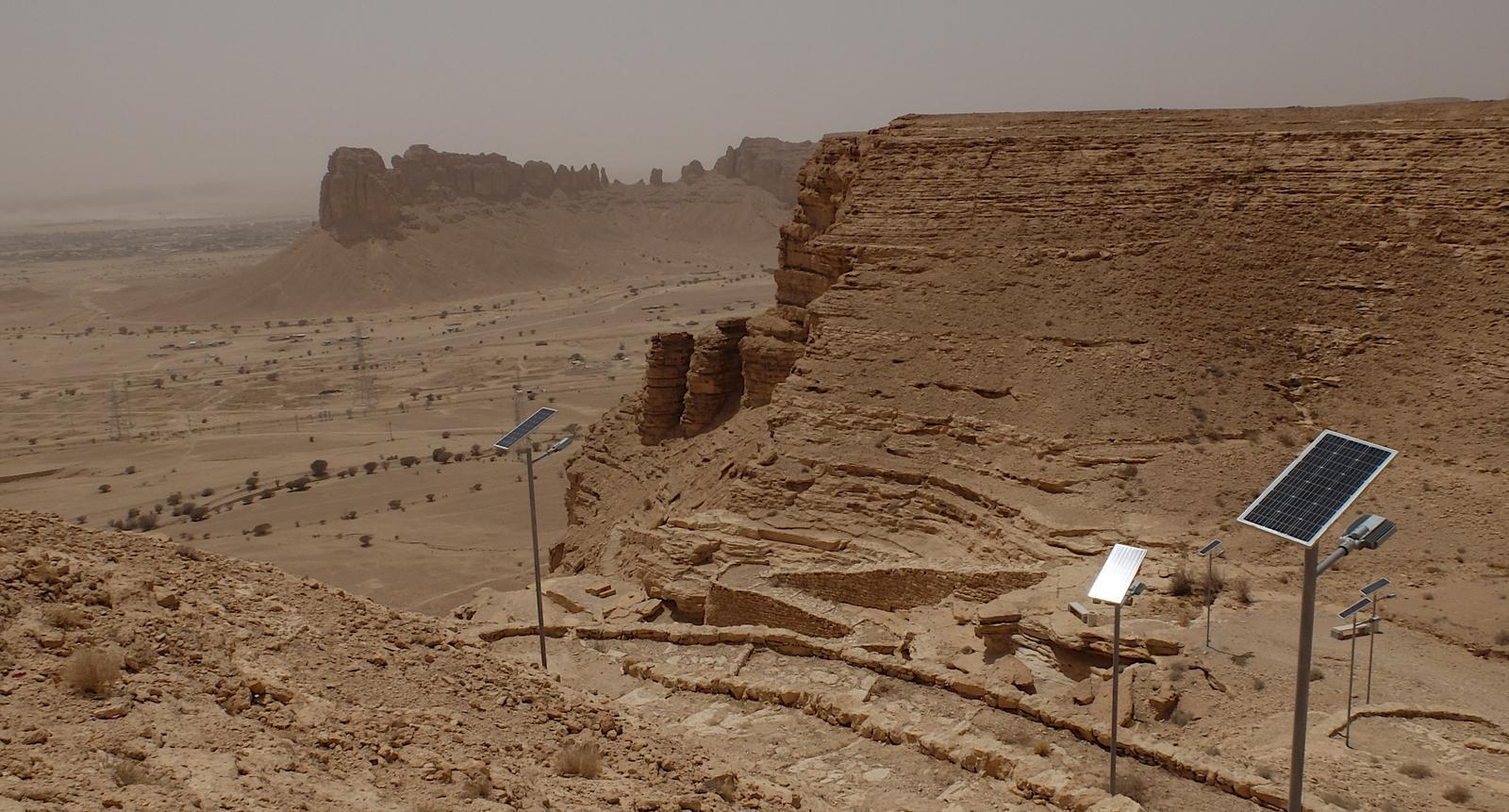
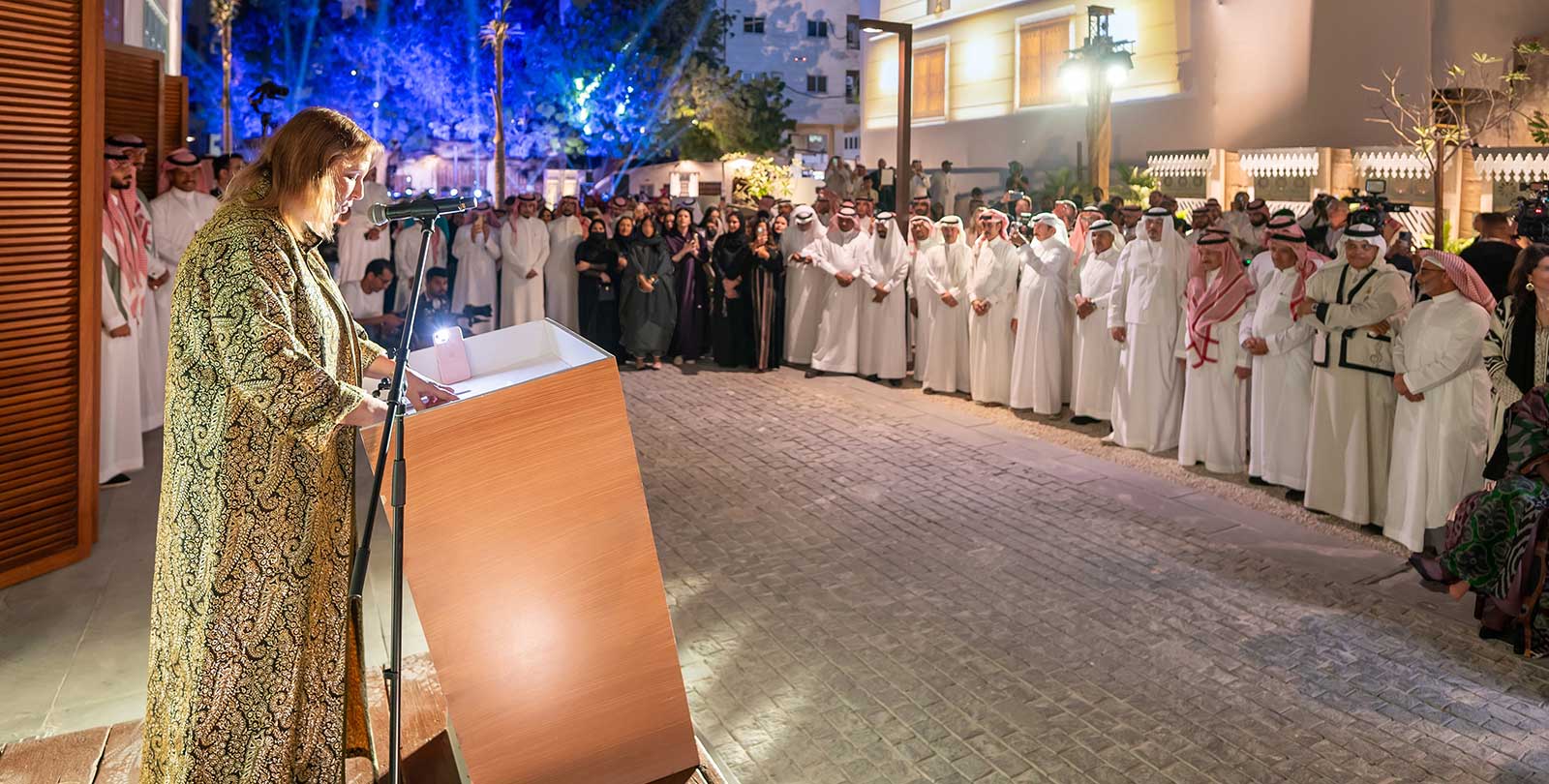



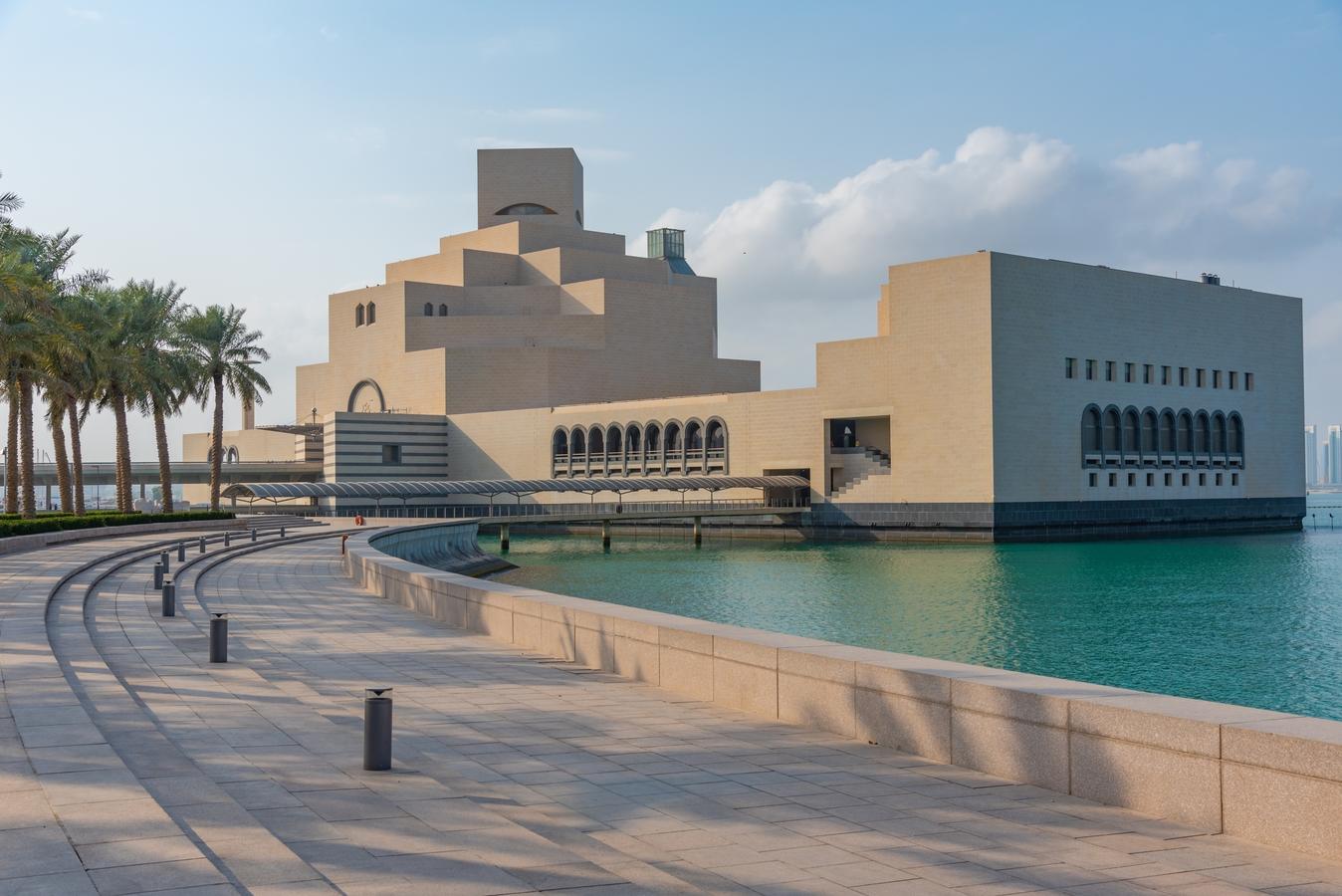
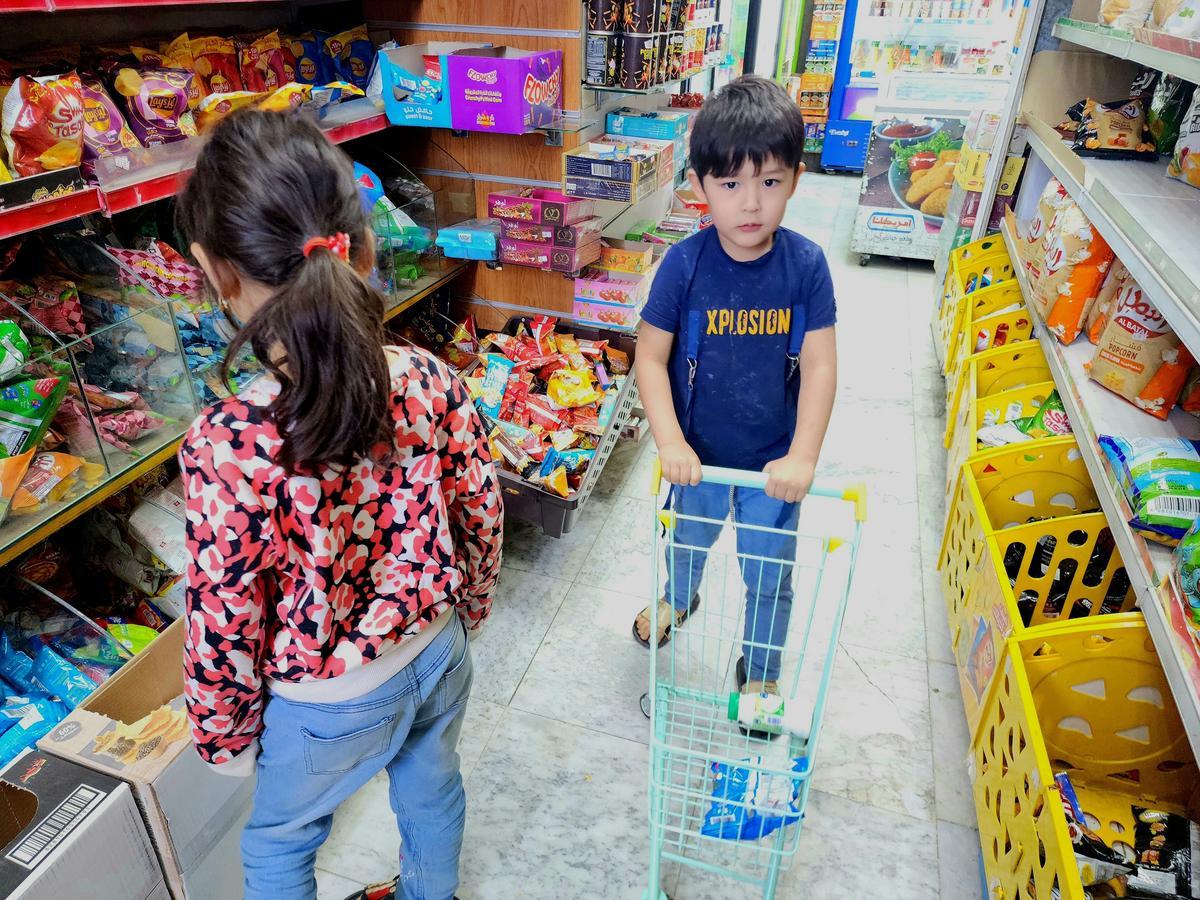

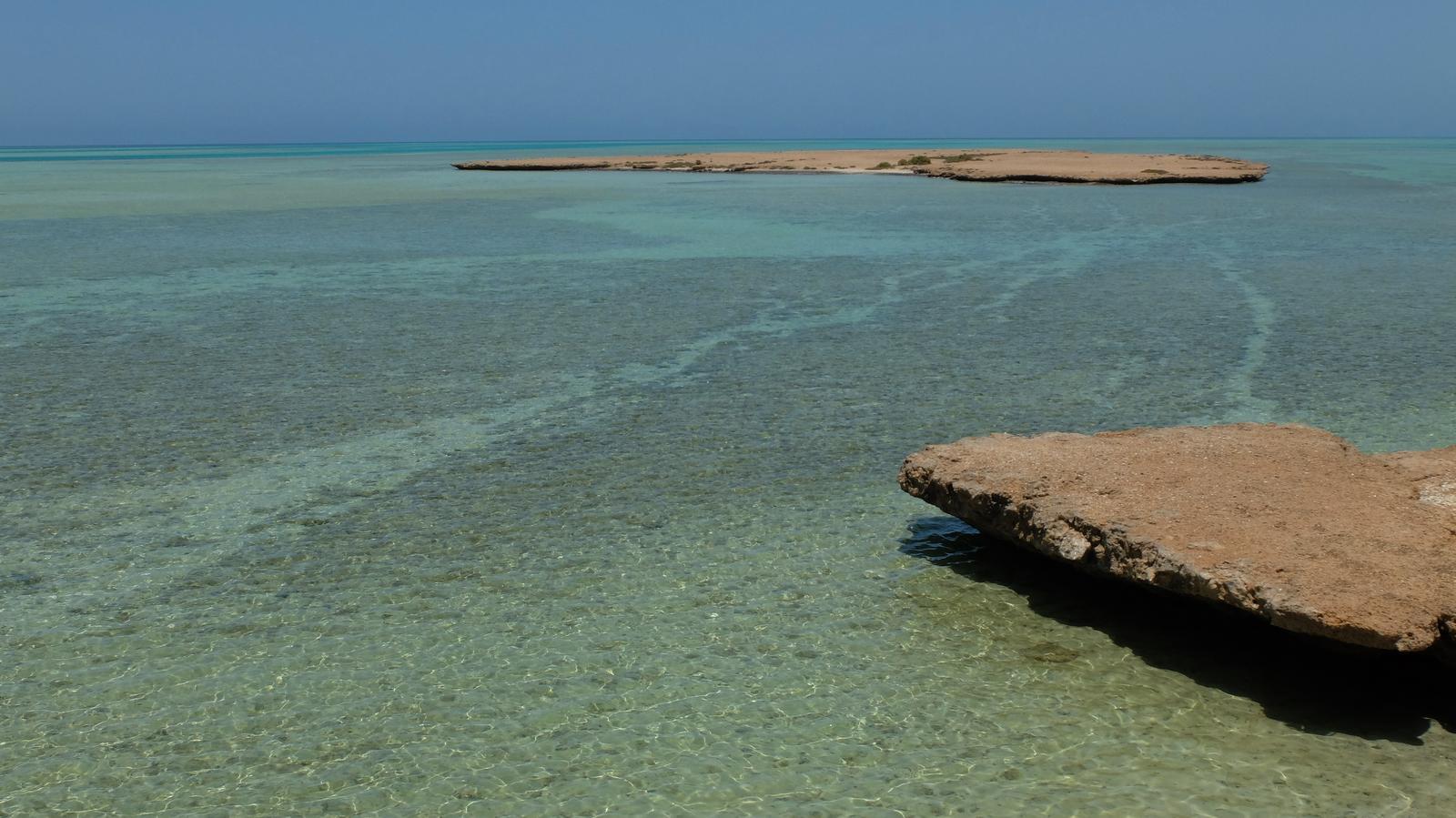
0 Comments
No comments yet. Be the first to comment!